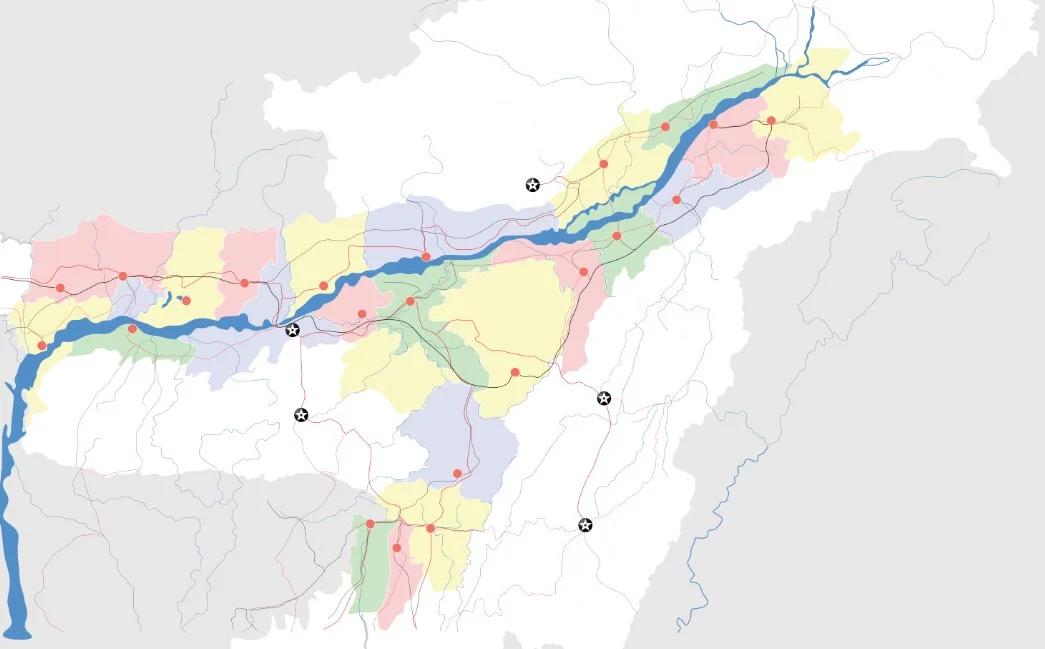Exploring the vast landscape of career opportunities within the social sciences unveils a world of intellectual pursuits and impactful roles. As society becomes more complex, the demand for professionals well-versed in critical thinking and analytical skills continues to rise.
Unveiling the Social Sciences
1. Psychology: Understanding the Human Mind
In the field of psychology, individuals delve into the intricate workings of the human mind. Whether it’s clinical psychology, counseling, or research, professionals in this domain play a crucial role in promoting mental health and well-being. Career opportunities range from becoming a licensed therapist to conducting groundbreaking research in universities or private institutions.
2. Sociology: Examining Society’s Structures
Sociologists analyze the structures and dynamics of societies. From studying social inequalities to researching cultural phenomena, careers in sociology offer a broad spectrum of possibilities. Professionals may find themselves working in academia, government agencies, or non-profit organizations, contributing to the understanding and improvement of societal structures.
3. Political Science: Navigating the Political Landscape
For those intrigued by politics and governance, a career in political science awaits. Opportunities range from policy analysis and public administration to diplomatic roles on the global stage. Political scientists often find themselves at the forefront of shaping public policies and contributing to the smooth functioning of political systems.
Developing Critical Thinking Skills
Empowering Minds for Success
Critical thinking skills are the cornerstone of success in the social sciences. These skills, characterized by the ability to analyze, evaluate, and synthesize information, are invaluable in various professions within this field. Let’s explore how individuals can cultivate and apply critical thinking skills:
- Continuous Learning: Stay abreast of current research, theories, and methodologies within your chosen social science discipline.
- Analytical Reflection: Regularly reflect on your own assumptions, biases, and perspectives to enhance objectivity in your work.
- Interdisciplinary Approach: Embrace interdisciplinary perspectives, as social issues often require insights from multiple disciplines.
FAQs: Your Queries Answered
Q: Can I pursue a career in the social sciences with a bachelor’s degree?
A: Yes, many entry-level positions are available for individuals with a bachelor’s degree. However, advanced roles and research positions often require a master’s or doctoral degree.
Q: How can I enhance my critical thinking skills?
A: Engage in debates, discussions, and case studies. Challenge yourself to think critically about everyday situations, and seek feedback on your thought processes.
Q: Are there remote work opportunities in the social sciences?
A: Yes, especially in roles related to research, data analysis, and online education. The digital transformation has opened up new possibilities for remote work in the social sciences.
Embracing a Future in Social Sciences
The social sciences pave the way for intellectually stimulating and socially impactful careers. Whether you aspire to understand the intricacies of the human mind, societal structures, or political landscapes, the opportunities are diverse and rewarding. Cultivate your critical thinking skills, stay curious, and embark on a journey where every discovery contributes to a deeper understanding of the world.
Unlock your potential in the social sciences – where every question is a gateway to transformative knowledge.












